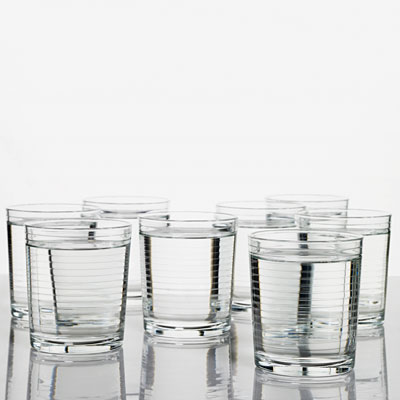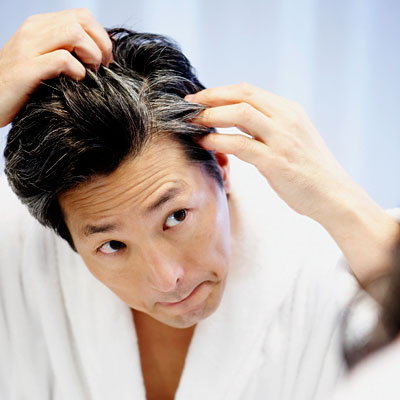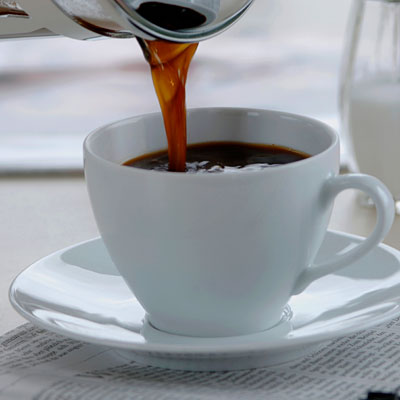Stress myths
By Dorothy Foltz-GrayIn the old days, health misinformation would spread slowly. Not today. "The Internet has given people the ability to send everyone on their email lists wild stories that end up mushrooming around the world in a matter of hours," says Rich Buhler, creator of Truthorfiction.com, a website devoted to debunking false email rumors. But relax: Most of those health scares hitting your in-box are a misreading of facts or a deliberate twisting of the truth.

Drink eight glasses of water a day
In 1945, the U.S. Food and Nutrition Board told people to consume eight glasses of fluid daily. Before long, most of us believed we needed eight glasses of water, in addition to what we eat and drink, every day.The Truth: Water’s great, but you can also whet your whistle with juice, tea, milk, fruits, and vegetables—quite enough to keep you hydrated. Even coffee quenches thirst, despite its reputation as a diuretic; the caffeine makes you lose some liquid, but you’re still getting plenty.

Stress will turn your hair gray
The carpool, the spilled milk, the deadlines. Who doesn’t believe that stress can shock her (or his) locks?The Truth: “Too much stress does age us inside and out,” says Nancy L. Snyderman, MD, chief medical editor for NBC News and author of Medical Myths That Can Kill You. It ups the number of free radicals, scavenger molecules that attack healthy cells, and increases the spill of stress hormones in your body. So far, though, no scientific evidence proves a bad day turns your locks silver.

Reading in poor light ruins your eyes
It’s the commonsense refrain of mothers everywhere—reading under the covers or by moonlight will ruin your eyesight.The Truth: “Reading in dim light can strain your eyes,” Snyderman explains. “You tend to squint, and that can give you a headache. But you won’t do any permanent damage, except maybe cause crow’s-feet.” Your overtired eyes can get dry and achy, and may even make your vision seem less clear, but a good night’s rest will help your peepers recover just fine.

Coffee’s really bad for you
Surely something 108 million Americans crave so much each morning couldn’t possibly be good for you? Wrong.The Truth: Too much may give you the jitters, but your daily habit has a lot of positives. “Coffee comes from plants, which have helpful phytochemicals that act as antioxidants,” says Stacy Beeson, RD, a wellness dietitian at St. Luke’s Boise Medical Center in Boise, Idaho. Drinking joe gives your brain a boost, too. And, despite the jolt of energy it provides, coffee has no effect on heart disease.
http://www.health.com







0 comments:
Post a Comment